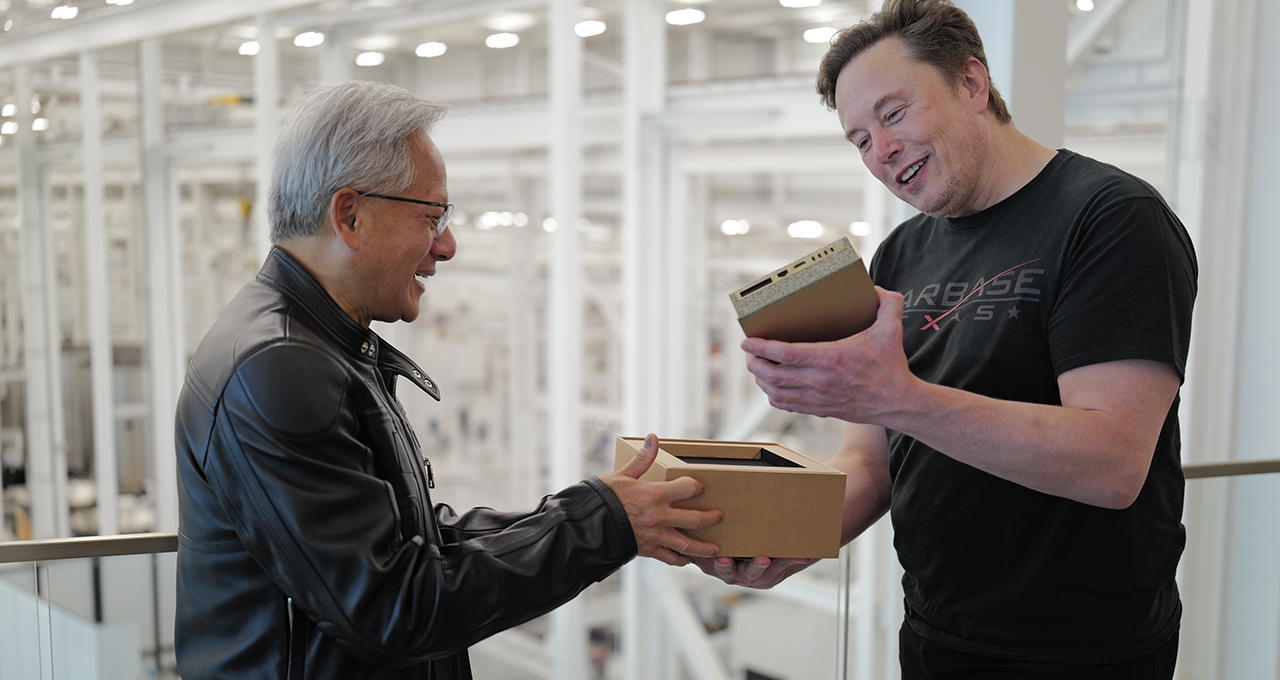Elon Musk’s $56 Billion Showdown: Inside Tesla’s Legal War and the Ruthless Leadership Style Driving It
Tesla has launched an extraordinary legal push to reinstate Elon Musk’s $56 billion pay package, urging the Delaware Chancery Court to reverse its earlier ruling that voided the deal.
For Musk, this is more than a pay dispute — it’s a high-stakes battle for control, legacy, and validation of his uncompromising leadership philosophy.
“Elon Musk has delivered extraordinary value for shareholders,” Tesla’s lawyers argued in court filings, insisting the 2018 pay plan reflected “performance that transformed the company and the industry.”
This fight isn’t just about compensation. It’s a referendum on how far modern capitalism will go to protect visionary power — and it reveals the volatile leadership culture that defines Musk’s empire.
The Delaware Drama: Power, Pay, and Control
In January 2024, Delaware Chancellor Kathaleen McCormick struck down Musk’s record-breaking compensation plan, calling the board’s process “deeply flawed.”
Tesla’s directors — many long-time Musk allies — are now urging the court to reinstate it, arguing that shareholders approved the plan knowing the risks and that Tesla’s trillion-dollar rise justifies the reward.
The outcome could reset the balance between founder influence and board independence, shaping how future corporate giants handle their celebrity CEOs.
What Is Elon Musk’s Leadership Style?
Elon Musk’s leadership style is often described as transformational yet authoritarian — a model that blends radical innovation with near-total personal control.
In plain English, it means he motivates teams through impossible goals, relentless pressure, and an obsession with execution.
It inspires breakthroughs — and burnout — in equal measure.
The Musk Method: Leadership by Extremes
Across Tesla, SpaceX, and X (formerly Twitter), Musk runs his companies with intensity, urgency, and direct involvement.
He sets nearly impossible deadlines, demands constant updates, and dismantles bureaucracy in pursuit of speed.
“He drives people to do things they didn’t think they could do,” said Walter Isaacson, author of the 2023 biography Elon Musk. “But his intensity can also cross into a kind of cruelty.”
That paradox — brilliance and brutality intertwined — defines Musk’s empire. Under his watch, Tesla became the world’s most valuable automaker, and SpaceX redefined private aerospace. Yet the same force that propels progress often ignites controversy and fatigue.
The Cult of the Founder: Why Tesla Defends Him
For Tesla’s board, Musk’s leadership is existential. The company argues that without his vision, Tesla’s dominance in EVs and AI-driven manufacturing would not exist.
“Musk is the heart and lungs of Tesla,” noted Dan Ives, Managing Director at Wedbush Securities. “Love him or hate him, his relentless execution and risk-taking define the company’s DNA.”
That devotion blurs governance boundaries. Critics warn it gives Musk outsized influence; supporters see it as the price of genius. Either way, Tesla’s defense of his pay underscores how deeply the company’s fate is tied to one man’s drive.
The Dark Side of Visionary Power
Musk’s dominance fuels what insiders call a culture of controlled chaos.
He treats crises as catalysts, turns criticism into momentum, and weaponizes publicity.
His unfiltered posts and late-night directives often shock markets — yet they keep Tesla perpetually in the headlines.
In the attention economy, volatility isn’t a flaw; it’s part of the brand.
Musk’s unpredictability reinforces the mythology that innovation demands madness — and that charisma can be as valuable as capital.
A Precedent That Could Redefine CEO Power
If the Delaware court restores Musk’s $56 billion payout, it will signal that extraordinary outcomes justify extraordinary rewards.
If not, it could mark a turning point for board accountability and executive compensation law.
For investors, the ruling doubles as a referendum: can shareholder value ever outweigh the risks of unrestrained leadership?
Key Takeaway
Elon Musk’s leadership is a paradox of vision and volatility — inspiring innovation while testing every limit of corporate control.
Tesla’s courtroom crusade reveals a deeper truth: in Musk’s world, greatness and chaos are inseparable, whether inside his companies or inside Elon Musk’s family, where ambition, loyalty, and intensity mirror the empire he built. The pursuit of progress, both personal and professional, always comes at a cost.
People Also Ask
Why is Elon Musk’s $56 billion pay package controversial?
Because it’s the largest CEO compensation plan in history. Supporters say it rewards unmatched performance; critics argue it exposes the dangers of excessive founder power and weak board oversight.
How does Elon Musk motivate his teams?
Through mission and urgency. Musk sets extreme goals and compresses timelines, believing that pressure accelerates creativity and execution.
What could the Delaware case mean for corporate leadership?
It could redefine how boards govern visionary founders — and whether innovation still justifies breaking traditional corporate limits.













